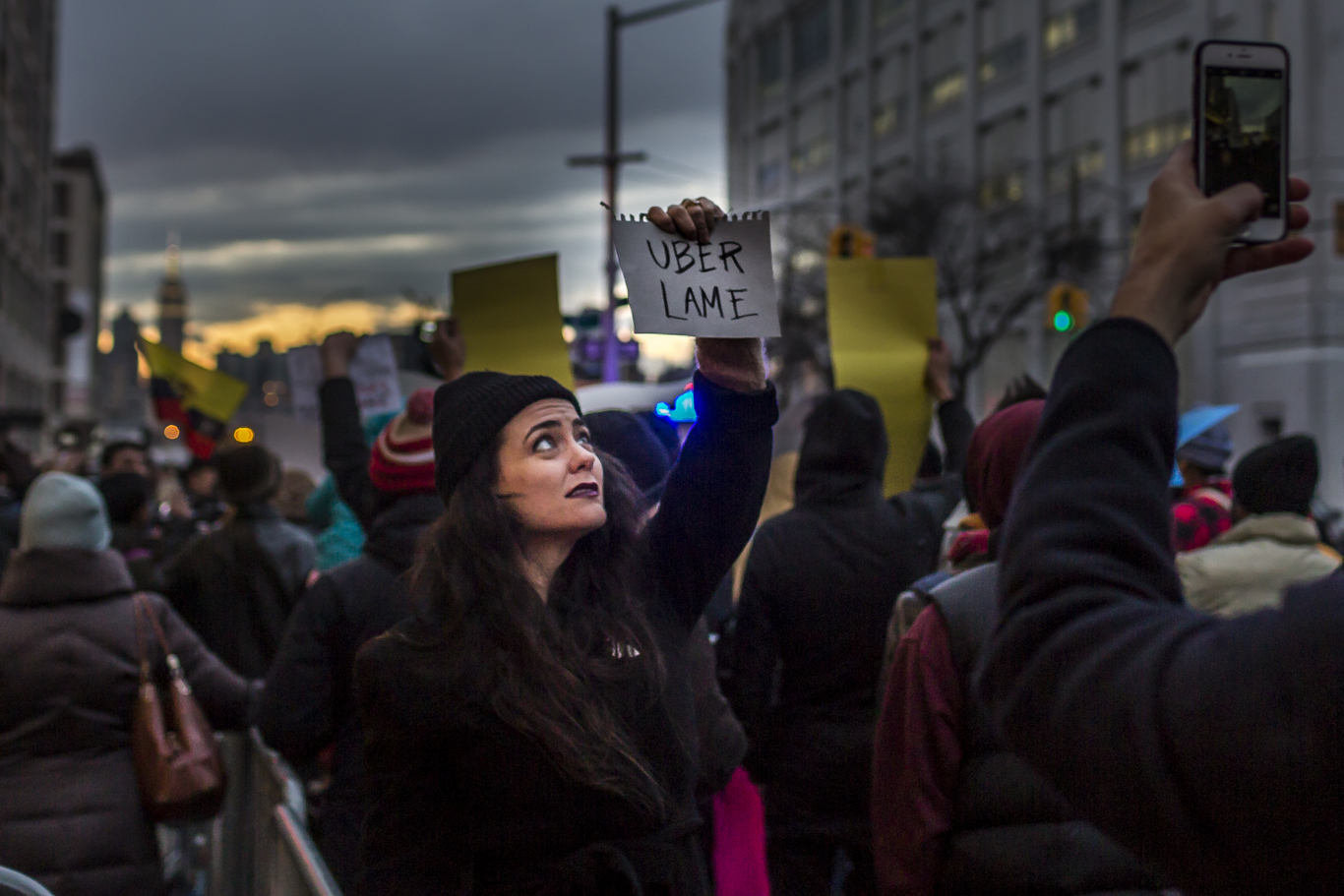Poll: Would you risk your job to become a whistle-blower?
Uber’s chief executive was ousted after a damning account of sexual harassment at the company.
THE EX-UBER worker who published a damning blog post about sexual harassment at the ride-sharing company must have enjoyed a small victory last week when founder and CEO Travis Kalanick stepped down.
The personal account by former-engineer Susan Fowler, published in February, resulted in an inquiry into the toxic work environment at the scandal-plagued company.
A 13-page document from that inquiry was published earlier this month. Although it didn’t outline the investigation’s findings about Uber, it implicitly exposed a startup-turned-goliath that permitted misconduct, had few policies to protect employees and ran with little board supervision.
Kalanick last week tried to distance his exit from the report, but it’s clear that investors were keen to cushion the company of any further embarrassment or scandal that snowballed out of Fowler’s exposé.
Uber’s downfall goes to show that whistle-blowing can be a powerful force for good when there is corporate wrongdoing.
But whistle-blowing is not without its personal and professional risks. People who step forward run the risk of losing their jobs, being ostracised by co-workers and tarnishing friendships with colleagues.
There’s also the possibility, as has been alleged in recent, high-profile cases involving the gardaí, that they or their family will become the victim of a smear campaign to discredit them.
With that in mind, we’re asking Fora readers this week: Would you risk your job to become a whistle-blower?






